Joint letter supporting Multnomah County's proposed fossil-free public buildings resolution

Heating and powering our homes and businesses generates a lot of our climate-changing pollution; our built environment is a major contributor to global warming. If our homes and buildings were carbon-free and energy efficient, we would significantly reduce our climate pollution, drastically cut energy costs for owners and renters, and improve air quality where we live and work.
For example, in both Oregon and Washington State, climate-worsening pollution from buildings are growing at a faster rate than any other source, with this increase largely attributable to the use of fossil gas in homes and buildings. Burning fossil gas in homes and buildings is not only a significant contributor to climate change, but also poses significant health risks for our communities, children, and other vulnerable populations.
Indoor air quality issues are particularly concentrated for low-income residents in smaller units with poor ventilation. Communities of color are already disproportionately impacted by outdoor air pollution, and should not continue to be disproportionately harmed by poor indoor air quality as well. Gas appliances also worsen our outdoor air quality. For example, California’s residential appliances releasing more than two times as many NOx emissions as all of their gas power plants combined, and commercial gas appliances releasing just as much NOx pollution as all of California’s cars.
States and many cities in the region and around the country are increasingly looking at ensuring all new buildings are electric as a key cost-effective pathway for achieving their local or state greenhouse emissions goals. Electrifying buildings is critical to addressing climate change, but it is also achievable, affordable, safe, and creates a more resilient energy system.
We are working with lawmakers and community partners to move rapidly toward electrifying our buildings for heating, cooling and cooking. We can also construct homes and buildings that get all their energy from sustainable sources, and even produce as much energy as they use — net zero energy buildings.
Our first Climate Leaders Live event featured Lucas Joppa (Chief Environmental Officer, Microsoft) and Rep. Laurie Jinkins (Speaker, Washington State House of Representatives) discussing climate progress and clean energy.

Global warming has not paused to respect social distancing during these ‘corona times.’ However, in early March, Oregon Governor Kate Brown delivered one of the country's strongest Executive Orders on climate in early March, now called the “Oregon Climate Action Plan.”
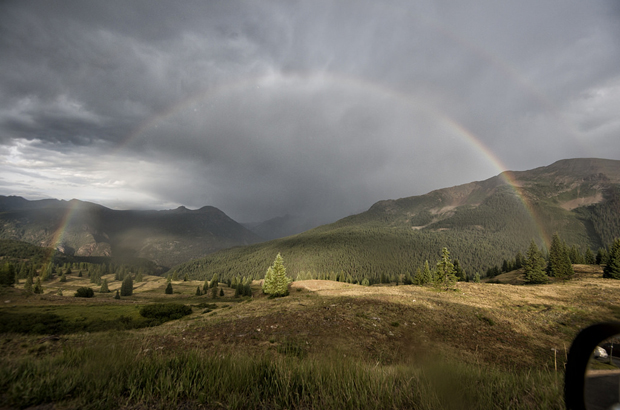
Climate policy is not a single undertaking. We need many solutions working together, building on the success of clean electricity to end our reliance on fossil fuels in our buildings and our transportation.
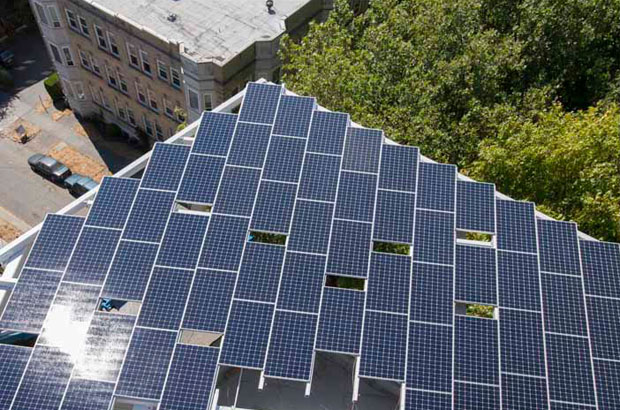
With SB 5293/HB 1257, Washington can reduce our greenhouse gas emissions, create jobs, and make buildings healthier to live and work in.
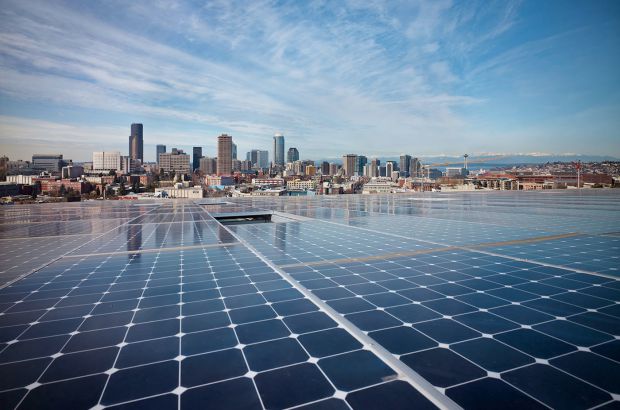
Mitigating climate change requires holistic action across all sectors of our society. The good news is that actions that reduce our carbon emissions often have positive benefits on other aspects of our communities and economy. This is why we’re excited to support the Clean Buildings Package of legislation in Washington State.

Spring is in the air, and climate action is on the move in Oregon.
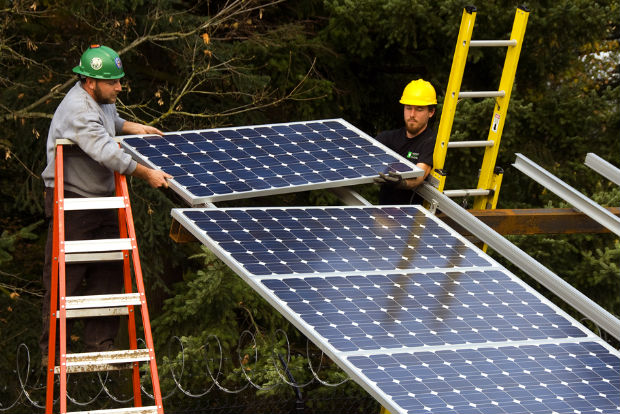
Clean energy, cost saving, job creating investments from the ten states that have already put a price on climate pollution

We can dramatically cut carbon emissions simply by making our buildings more comfortable, cost-effective and efficient. Why haven't decades of energy efficiency programs accomplished more?
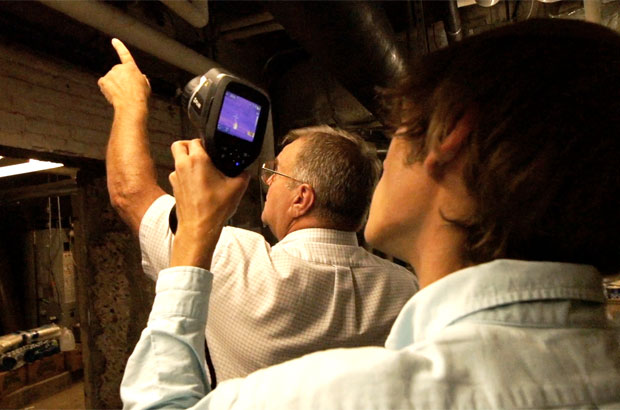
The City of Portland is accepting comments on a draft policy to measure the energy efficiency of homes, as part of a long-term strategy to increase energy efficiency, reduce homeowner costs, and to curb a major source of carbon emissions.
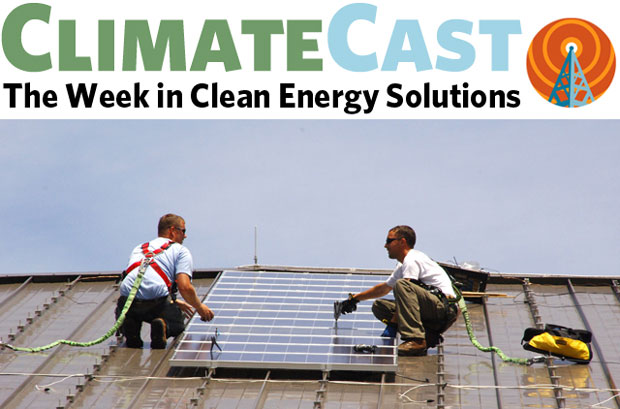
SEIU votes to make climate action a priority, California tests zero-net-energy homes, Australian coal CEOs defect to solar and energy efficiency, and more news of the week in climate and clean energy.
Join our email list to learn about what we do and how to get involved.